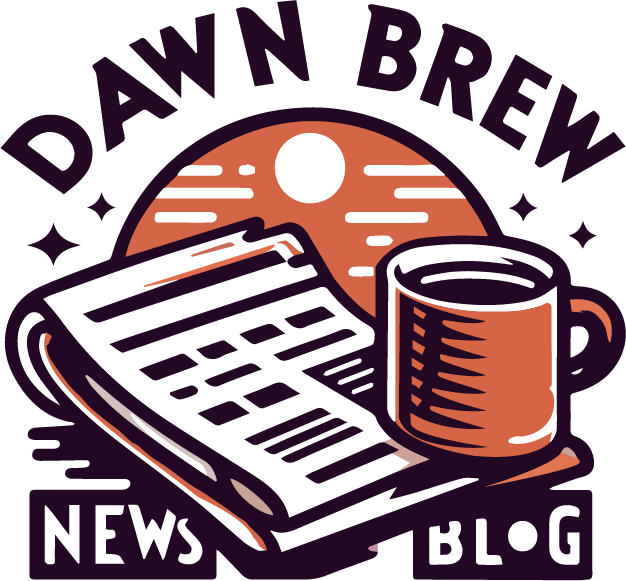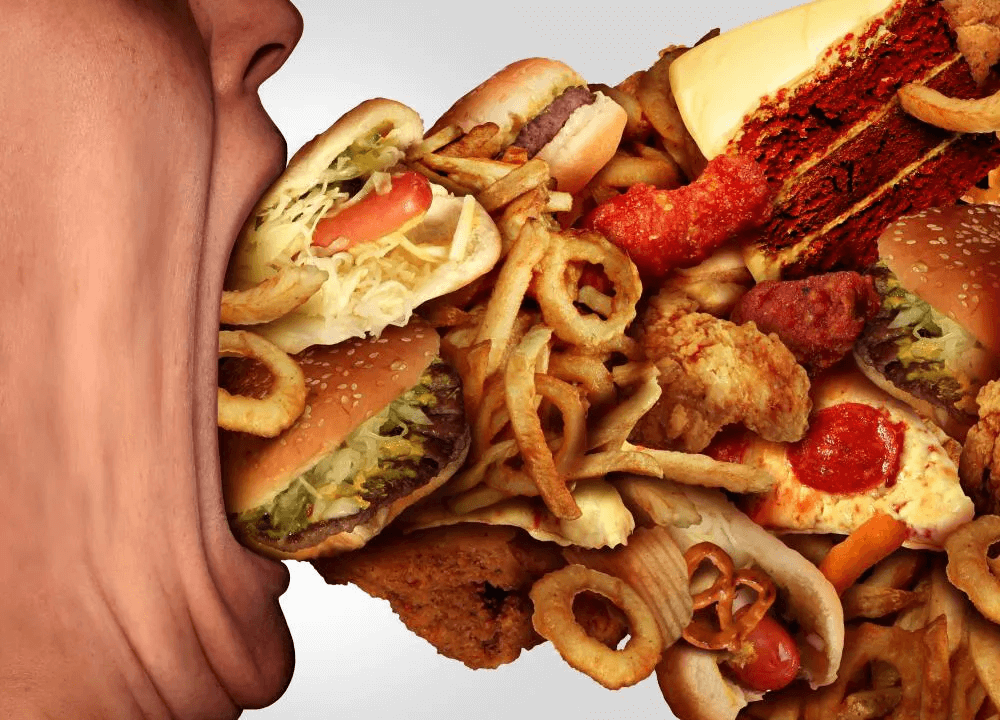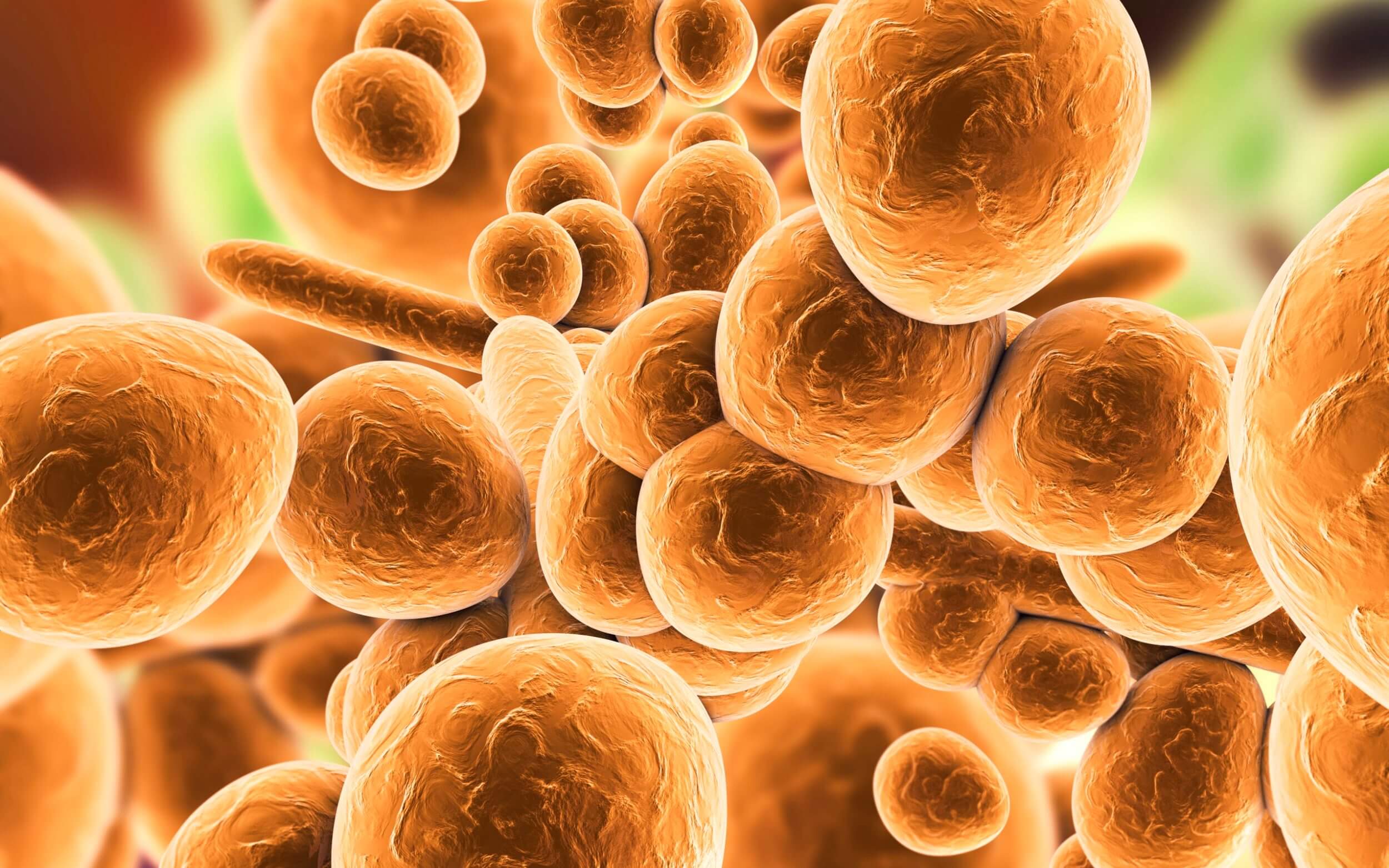High blood pressure, or hypertension, is a common condition that affects about half of the adults in the United States. Having high blood pressure can increase the risk of heart disease, stroke, kidney failure, and other health problems. Therefore, it is important to manage and prevent high blood pressure by adopting a healthy lifestyle, which includes following a balanced diet.
Some foods and drinks can raise blood pressure by increasing sodium intake, stimulating the nervous system, or causing inflammation. Avoiding or limiting these foods can help lower blood pressure and improve overall health. Here are 20 foods to avoid if you have high blood pressure:
- Salt: Salt is the main source of sodium, which can cause fluid retention and increase blood pressure. The American Heart Association (AHA) recommends limiting sodium intake to no more than 2,300 milligrams per day, and ideally to 1,500 milligrams per day. To reduce salt intake, avoid adding salt to food, use herbs and spices instead, and choose low-sodium or sodium-free products.
- Processed meats: Processed meats, such as bacon, ham, sausage, hot dogs, and deli meats, are high in sodium, saturated fat, and preservatives, which can raise blood pressure and damage the arteries. A 2018 study found that eating processed meat was associated with a higher risk of hypertension. Opt for lean, unprocessed meats, such as chicken, turkey, or fish, or plant-based protein sources, such as beans, lentils, or tofu.
- Canned foods: Canned foods, such as soups, vegetables, beans, and sauces, often contain added salt and preservatives to extend their shelf life. A single serving of canned soup can have more than half of the recommended daily sodium intake. To avoid excess sodium, look for low-sodium or no-salt-added versions, or make your own soups and sauces from fresh ingredients.
- Pickles: Pickles are cucumbers that have been soaked in saltwater and vinegar, which makes them very high in sodium. A medium-sized pickle can have more than 500 milligrams of sodium, which is about 20% of the daily limit. To lower your sodium intake, limit your consumption of pickles and other pickled foods, such as sauerkraut, kimchi, and olives.
- Potato chips: Potato chips are one of the most popular snacks in the US, but they are also one of the worst foods for blood pressure. Potato chips are high in sodium, fat, and calories, which can increase blood pressure, cholesterol, and weight. A 2017 study found that eating fried potatoes, such as chips and fries, at least twice a week was linked to a higher risk of death. Instead of potato chips, snack on fresh fruits, vegetables, nuts, or popcorn, which are lower in sodium and fat, and higher in fiber and antioxidants.
- Cheese: Cheese is a good source of calcium, protein, and probiotics, but it can also be high in sodium and saturated fat, which can raise blood pressure and cholesterol. A 2019 study found that eating cheese was associated with a higher risk of hypertension in women. To reduce your sodium and fat intake, choose low-sodium and low-fat cheese varieties, such as mozzarella, cottage cheese, or feta, and limit your portion size to one ounce or less per day.
- Pizza: Pizza is one of the most popular foods in the US, but it is also one of the most unhealthy. Pizza is high in sodium, fat, and calories, which can increase blood pressure, cholesterol, and weight. A single slice of pizza can have more than 600 milligrams of sodium, which is about 25% of the daily limit. To make your pizza healthier, choose whole wheat crust, low-sodium sauce, low-fat cheese, and plenty of vegetables, and limit your intake to one or two slices per meal.
- Bread: Bread is a staple food in many diets, but it can also be a hidden source of sodium. A slice of bread can have up to 230 milligrams of sodium, which is about 10% of the daily limit. To lower your sodium intake, choose whole grain bread, which is higher in fiber and lower in sodium than white bread, and check the nutrition labels for the sodium content. You can also replace bread with other whole grains, such as oats, quinoa, or barley, which are lower in sodium and higher in nutrients.
- Baked goods: Baked goods, such as cakes, cookies, pies, and muffins, are high in sugar, fat, and calories, which can increase blood pressure, cholesterol, and weight. They can also contain sodium, especially if they are made with baking soda, baking powder, or salted butter. A 2018 study found that eating sugar-sweetened foods was associated with a higher risk of hypertension. To satisfy your sweet tooth, choose fresh fruits, dark chocolate, or homemade baked goods made with less sugar, salt, and fat.
- Soda: Soda is one of the most consumed beverages in the US, but it is also one of the most harmful. Soda is high in sugar, which can increase blood pressure, cholesterol, and weight. A 2015 study found that drinking one or more sugar-sweetened beverages per day was linked to a higher risk of hypertension. To quench your thirst, drink water, unsweetened tea, or low-fat milk, which are lower in sugar and calories, and higher in hydration and nutrients.
- Energy drinks: Energy drinks are popular among young people, but they are also dangerous for blood pressure. Energy drinks contain caffeine, sugar, and other stimulants, which can increase blood pressure, heart rate, and stress hormones. A 2016 study found that drinking one 16-ounce energy drink increased blood pressure and norepinephrine levels in healthy young adults. To boost your energy, drink water, eat a balanced diet, and get enough sleep and exercise.
- Alcohol: Alcohol can have both positive and negative effects on blood pressure, depending on the amount and frequency of consumption. Moderate drinking, defined as one drink per day for women and two drinks per day for men, may lower blood pressure and protect against heart disease. However, heavy drinking, defined as more than three drinks per day for women and four drinks per day for men, may raise blood pressure and damage the heart, liver, and brain. A 2018 study found that alcohol consumption was associated with a higher risk of hypertension in both men and women. To lower your blood pressure, limit your alcohol intake to moderate levels, or avoid it altogether if you have other risk factors or medical conditions.
- Coffee: Coffee is one of the most popular beverages in the world, but it can also affect blood pressure. Coffee contains caffeine, which can temporarily increase blood pressure by stimulating the nervous system and constricting the blood vessels. However, the effect of caffeine on blood pressure may vary depending on the individual’s sensitivity, tolerance, and habit. A 2019 study found that habitual coffee consumption was not associated with a higher risk of hypertension, but occasional coffee consumption was. To reduce the impact of coffee on your blood pressure, limit your intake to one or two cups per day, avoid adding sugar or cream, and drink it in the morning or early afternoon, not before bedtime.
- Saturated fats: Saturated fats are found in animal products, such as meat, dairy, and eggs, and some plant oils, such as coconut and palm oil. Saturated fats can increase blood pressure by raising the levels of bad LDL cholesterol, which can clog the arteries and restrict blood flow. The AHA recommends limiting saturated fat intake to no more than 5-6% of total calories, which is about 13 grams per day for a 2,000-calorie diet. To lower your saturated fat intake, choose lean cuts of meat, low-fat or fat-free dairy products, and avoid fried foods, baked goods, and processed foods that contain saturated fats.
- Trans fats: Trans fats are a type of unsaturated fat that has been chemically modified to increase its shelf life and stability. Trans fats are found in some margarines, shortenings, and baked goods, and they are often listed as partially hydrogenated oils on food labels. Trans fats can increase blood pressure by raising the levels of bad LDL cholesterol and lowering the levels of good HDL cholesterol, which can clog the arteries and restrict blood flow. The AHA recommends avoiding trans fats as much as possible, as they have no health benefits and can increase the risk of heart disease and stroke. To avoid trans fats, check the nutrition labels and ingredients lists of the foods you buy, and choose products that contain zero grams of trans fats and no partially hydrogenated oils.
- Highly processed foods: Highly processed foods are foods that have been altered from their natural state and have added ingredients, such as salt, sugar, fat, preservatives, and artificial colors and flavors. Highly processed foods include fast foods, frozen meals, chips, crackers, cookies, cakes, candy, and soda. Highly processed foods are high in sodium, sugar, fat, and calories, which can increase blood pressure, cholesterol, and weight. They are also low in fiber, vitamins, minerals, and antioxidants, which can protect against high blood pressure and other chronic diseases. To lower your blood pressure, limit your intake of highly processed foods, and choose whole foods, such as fruits, vegetables






